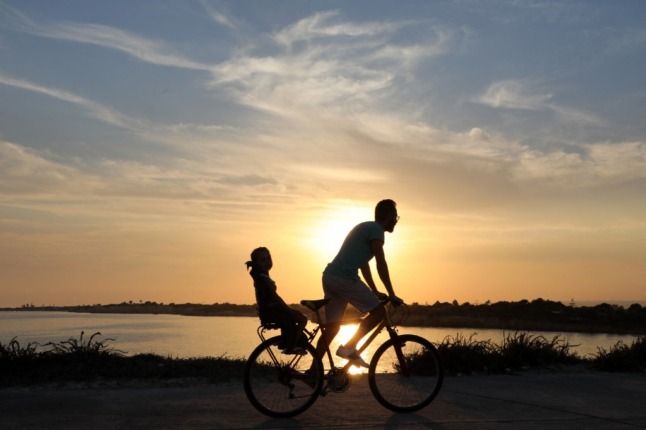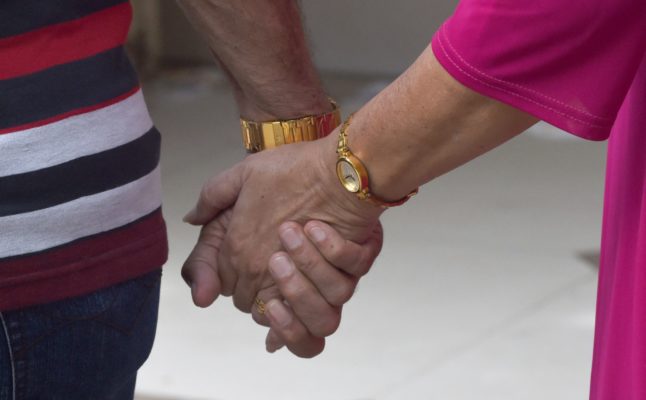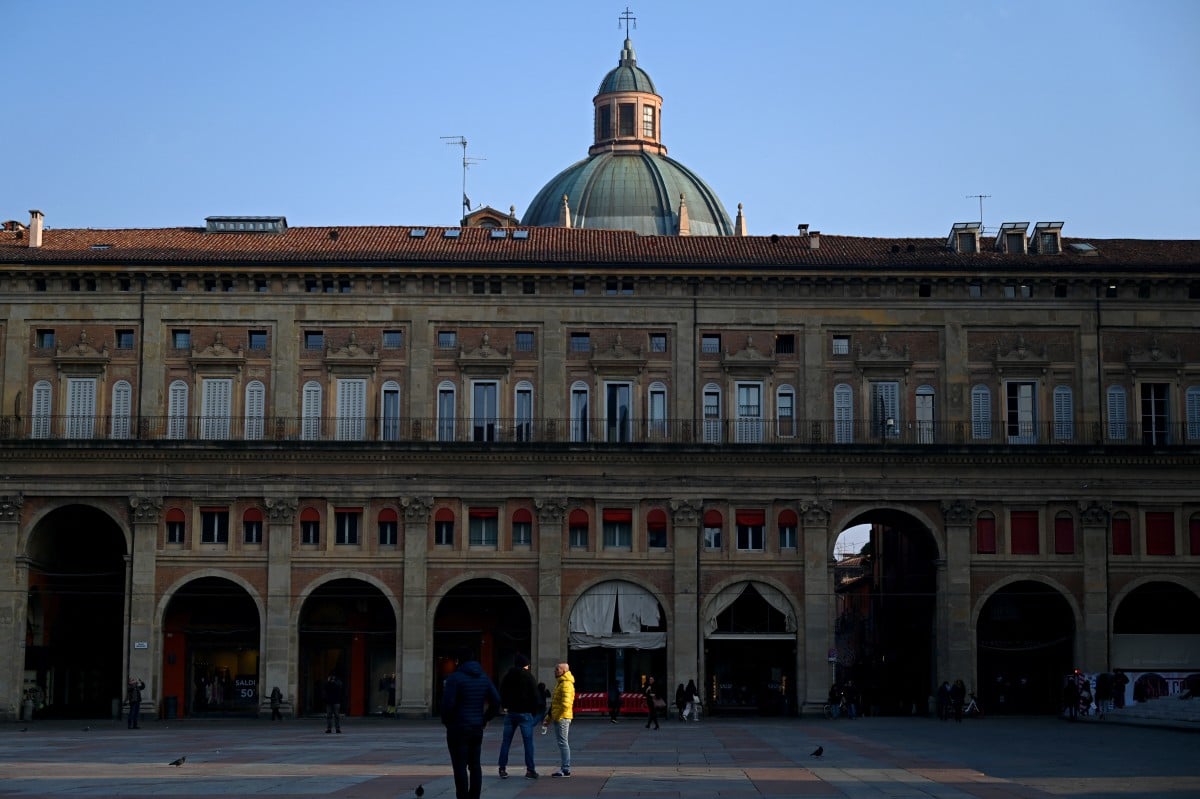Italy is fairly generous with its public holidays, with most months having at least one.
In total there are 11 annual public holidays written into Italian law, plus feast days for local patron saints.
But it’s not always as great as it sounds. All national holidays are taken on the day they fall on that year, rather than being moved to the nearest Monday as is the case in many other countries – this means that if the festival is on a Saturday or a Sunday, there is no extra day off.
This means that in Italy there are ‘good’ holiday years and ‘bad’ ones – and although 2022 isn’t a particularly good one, it’s still a (little bit) more generous than 2021.
Ironically, 2020 was a good year for holidays although we were confined indoors for most of them.
If a bank holiday falls on a Tuesday or Thursday, Italian employees make the most of it by “doing the bridge”.
Fare il ponte (‘to do the bridge’), if you don’t already know, is the practice of taking an extra day off when a public holiday falls on a Tuesday or Thursday – or, if you’re particularly audacious, a Wednesday – instead of next to a weekend, in order to create one continuous break.
But 2022 doesn’t provide a whole load of opportunities to do this, either.
2022 holiday calendar
-
January 1, 2022 (New Year’s Eve): Saturday
-
January 6, 2022 (Epiphany): Thursday
-
April 17, 2022 (Easter Sunday): Sunday
-
April 18, 2022 (Easter Monday): Monday
-
April 25, 2022 (Liberation Day): Monday
-
May 1, 2022 (Labour Day): Sunday
-
June 2, 2022 (Republic Day): Thursday
-
August 15, 2022 (Ferragosto): Monday
-
November 1, 2022 (All Saints’ Day): Tuesday
-
December 8, 2022 (Feast of the Immaculate Conception): Thursday
-
December 25, 2022 (Christmas): Sunday
-
December 26, 2022 (Boxing Day): Monday
-
December 31, 2022 (New Year’s Eve): Saturday
2022 ‘bridges’
At first glance, 2022 doesn’t seem to be the best year for bank holidays as many of these dates fall on Sundays and Mondays (and weekend days aren’t transferred).
In fact, there are only three holidays where it is possible to fare il ponte – Epiphany on January 6th, Republic day on June 2nd and Feast of the Immaculate Conception on December 8th.
There are, however, three holidays that fall on a Friday or a Monday, making it possible to take an extra day and still create a four-day weekend – Liberation Day on April 25th, Ferragosto on August 15th and Boxing Day on December 26th. Easter Monday always falls on a Monday and instead change the dates from year to year.
- Epiphany
The first possible ponte of the year is before the Feast of the Epiphany, which falls on Thursday January 6th, meaning many will probably take off the Friday 7th.
- Easter and Easter Monday 2021
Easter and Easter Monday, in 2022, are on April 17th and 18th. So while we get a nice long weekend, there’s no opportunity for a bridge here.
- Liberation Day and Labour Day
No bridges here either – In 2022: April 25th is a Monday, while May 1st is a Sunday and therefore no day off.
READ ALSO: Why does Italy celebrate Liberation Day on April 25th?
- Republic Day
Republic Day falls on Thursday June 2nd. As the temperatures rise, no doubt many will be ‘doing the bridge’ this week.
- Ferragosto
This year, the height of the summer holidays, August 15th, falls on a Monday. This means a paid day off work, but no doubt most people in Italy will be on holiday for a few weeks (or for the whole month) too.
READ ALSO: Everything you need to know about Ferragosto
- All Saints and the Feast of the Immaculate Conception
All Saints’ Day on November 1st gives us a Tuesday off, while the Feast of the Immaculate Conception (Thursday December 8th) are both opportunities for a ‘bridge’.
- Christmas Day, Boxing Day and New Year’s Eve
Like 2021, there’s not much paid time off for Christmas as Christmas Day and Boxing Day (Santo Stefano) fall on a Sunday and Monday this year. Christmas Eve is not a national holiday. New Year’s Eve (San Silvestro) is on a Saturday, so no extra day off there.
Italian non-holiday holidays
Other holidays
If you’re an employee in Italy, you’re entitled to paid holiday time, and the very minimum allowance is four weeks – 20 days – a year.
This is around the average among other European countries.
Many contracts, particularly for state employees, allow for 28 days, or five weeks, of paid leave per year. Employees on this type of contract have some of the longest holidays in Europe, alongside workers in the UK, where the minimum allowance is 28 days.
READ ALSO: Why Italians have the ‘shortest working lives in Europe’
Most Italian employees will also get up to 104 hours of Riduzione Orario di Lavoro (ROL), or working time reduction, annually.
This is intended for things like going to the bank or taking a child to the doctor. However, unused ROL can often be put towards holiday time or used to get a Friday afternoon off work.




 Please whitelist us to continue reading.
Please whitelist us to continue reading.
All the dates given are 2021. Can this be revised please?